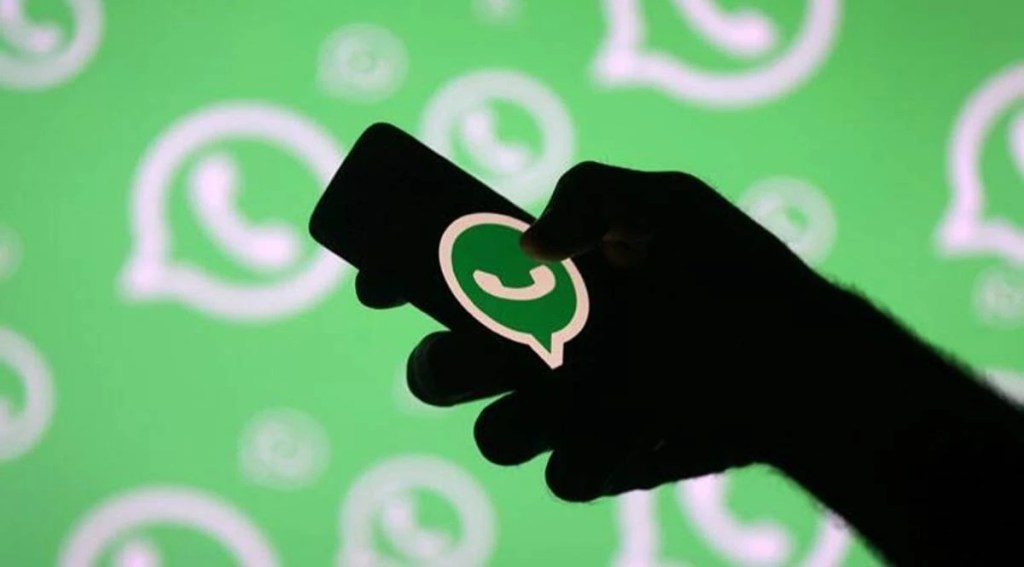As the Telecom Regulatory Authority of India (Trai) is looking at ways to address the issue of pesky communication, 95% of the WhatsApp users claim that they get those unwanted messages daily mostly from someone selling financial services, real estate, offering jobs / earning opportunities, healthcare, and pathology services.
A survey by community social media platform LocalCircles shows that 76% of the WhatsApp users get unwanted messages based on their conversations with WhatsApp business accounts and Facebook & Instagram activities. WhatsApp is owned by Meta, which also owns Facebook and Instagram, and people have also expressed concerns over getting spam messages on WhatsApp based on their activities on the social media platforms like Instagram and Facebook
In May 2021, WhatsApp updated its privacy policy and had asked users to accept that as a condition to using WhatsApp. As part of the policy, if users chat with a WhatsApp business account, the company reserves the right to present advertisements to them on other Meta platforms like Facebook, based on the content of their chat with WhatsApp business accounts.
“With the new WhatsApp privacy policy from 2021, WhatsApp users expected to see relevant advertising based on WhatsApp business chats on Facebook/Instagram but not exactly on Whatsapp and that too in the form of pesky messages. This is something that WhatsApp must investigate and if this is a result of organized advertising or partnership with brands, the users must be informed,” Local Circles said in its survey report. The survey covered over 51,000 people located in over 351 districts of the country.
“If however, this is information usage and sharing by some users of WhatsApp Business the same must be addressed,” the survey report said.
India accounts for 416.6 million or nearly 30% of WhatsApp users. Increase in complaints of pesky communication over WhatsApp is crucial in the sense that the government authorities in the past investigated WhatsApp over the fact that the company compromises quality in terms of protection of individual data and had also asked WhatsApp to clarify whether the platform conducts profiling of users in the country.
In a bid to tackle pesky communication, 73% out of 12,673 users resort to blocking the numbers. Among other tools, people also archive or mute the numbers from which they get unwanted calls. . Both blocking and archiving ensure that messages from unwanted numbers are not presented to a WhatsApp user while muting a chat means group message notifications are not delivered to them. In some cases, spammers create groups of users and send pesky messages to them as it enables them to send such messages to a larger number of WhatsApp users at one go, the survey report said.
“WhatsApp has developed a stringent AI/ML based engine which throttles or suspends accounts based on the customers feedback and based on the volumes of messages generated from a business account,” said Nitin Singhal, managing director of Sinch India, a cloud communications company. According to Singhal, the companies or business service partners who want to use WhatsApp to send communication to consumers have to sign a Dos and Don’ts kind of an agreement where they commit to not sending spam and spurious messages. However, some enterprises still find ways to send unsolicited communication over WhatsApp, he said.
Last week, Trai asked telecom operators to reverify registered SMS templates used by companies for messages and bar unauthorised telemarketers, in order to curb the menace of pesky communications.








